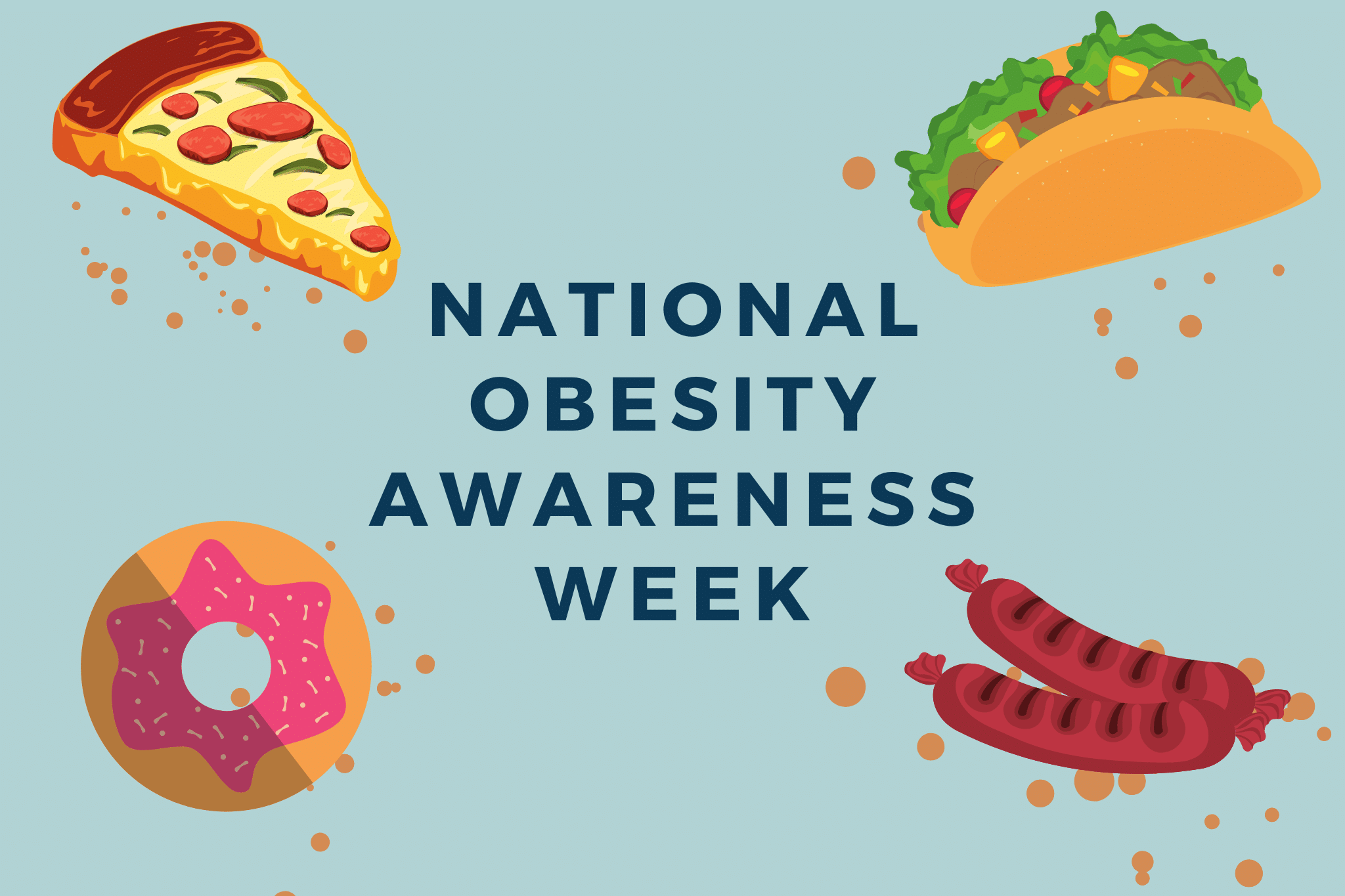Physio Individuals, Physio Practitioners, Professionals
National Obesity Awareness Week: How Physio Practitioners Can Provide Guidance to Patients

Kitiara Pascoe
20/ 01/ 2020 – 2 min read
National Obesity Awareness Week: How Physio Practitioners Can Provide Guidance to Patients
There’s no doubt that obesity has risen to crisis levels. 29% of adults in the UK are classified as obese with year 6-age children having a 20% rate of obesity. These are frightening statistics.
While obesity can be seen across all demographics, it disproportionately affects those from low-income and disadvantaged backgrounds.
Physiotherapists have frequent and increasing contact with those affected by obesity as considerable amounts of referrals are musculoskeletal issues resulting from excessive weight. As physios play a role in their patient’s weight management process, it’s vital that you know how to educate your patients about healthy lifestyles.
The Role of Physiotherapists in Weight Management Programs
Obesity is never a simple condition and a variety of factors contribute to it. However, with support at every level of healthcare, obese patients can receive more education and guidance than ever to reduce their weight.
Physiotherapists can encourage a healthy lifestyle and guide patients towards exercises suited for them. Physios are in a perfect position to give such help as they are keenly aware of the stress extra weight puts on bones and joints.
With expertise founded in a medical background as opposed to a fitness background, the advice of physiotherapists might even be more readily accepted by patients than advice from fitness instructors or personal trainers.
Physiotherapists are already experts at creating exercise plans that fit easily into the lives of their patients. This could be effective for obese patients too, who may not wish to take up a sport or drastically change their routine.
Unlike many online sources and fitness instructors, physiotherapists are aware how intense exercise can negatively impact joints and increase risk of injury in obese patients. When injury and rest time could set the patient back, it’s vital the risks are minimised with a well thought out plan. While you cannot reach everyone, ensuring your obese patients are aware that they need to follow professional guidance with exercise is a good measure.
Of course, few physiotherapists have the time to spend educating their patients on the finer points of exercise, moving around throughout the day and how weight affects the body. This is another good reason why creating a physio blog or a series of videos can give your patients far more knowledge than you could tell them in their appointment. It also means you can record the information once, yet benefit all of your patients.
Acupuncture and Obesity
Acupuncture is another practice that many physiotherapists are cross-qualified in and can be of aid to obese patients.
Some studies have shown that acupuncture helps the suppression of appetite, stimulates intestinal motility and reduces stress. These benefits can contribute to a weight management program and result in a significant reduction in weight.
When combined with other exercise and dietary programs, acupuncture may well find more of a place in obesity management. If you’re a healthcare practitioner who offers acupuncture or is thinking of qualifying, this application could allow you to help many more patients in the future.
A Holistic Approach
The solution to obesity is multi-faceted and varies for each patient. Physiotherapists are well placed to offer holistic advice and guidance though, taking into account the personal circumstances of their patients.
Motivating patients to follow a plan is a large part of your job as a physio and supporting obese patients is no different. Showing compassion, understanding and professionalism can go a long way.
Each patient may require different management plans but being open and helpful is always something every physiotherapist can do. With a holistic mindset, you can play an important role in the treatment of obesity.
Creating an Individual Plan for Obese Patients
What works for one patient may not work with another as the contributing factors for obesity vary. Creating an individualised plan is therefore important and can make the patient feel more as though they are being listened to.
The Chartered Society of Physiotherapy have guidelines for helping obese patients and formulating a plan tailored to the individual.
The Future of Obesity
The statistics get worse each year and obesity is certainly a growing problem. Efforts at tackling the problem are changing across the country though, with healthcare practitioners of all types getting involved.
Physiotherapists, osteopaths and other practitioners are well placed to provide support and guidance to obese patients. From acupuncture and massage to resistance training and strengthening exercises, many physiotherapy specialties can help towards a successful weight management program.
If you’re looking for clinic equipment like acupuncture needles or resistance bands, get in touch with us. We know you need the best equipment to do your job perfectly – so that’s what we provide!


